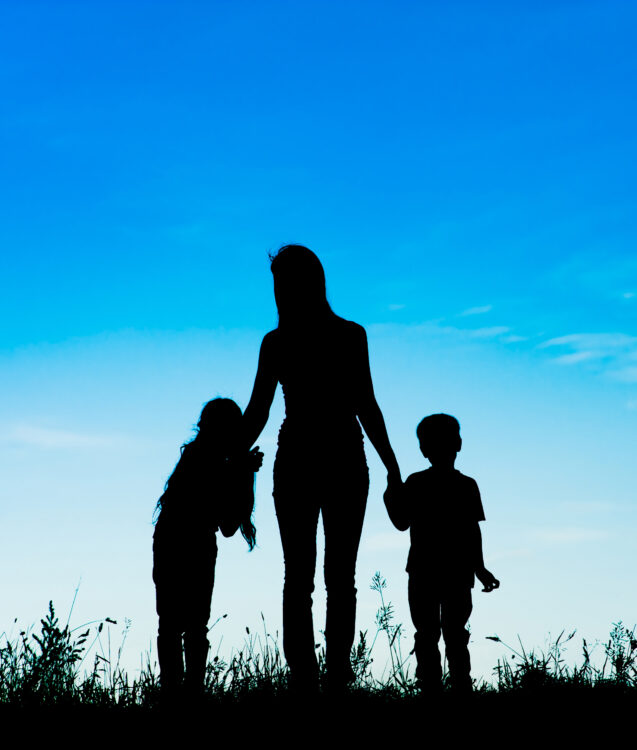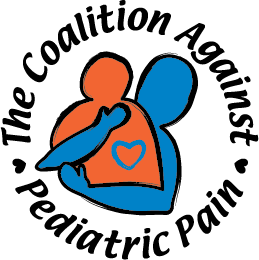
This blog was written in 2017 to channel some grief and try to raise awareness of a growing problem in the rare disease and Ehlers Danlos Community. It hurt too much and felt too scary to publish at the time. Today, as this brave family prepares to release their story on Netflix in June, TCAPP stands in support of the Kowolski family and wants to honor Beata and all the moms who have been maligned by false accusation, and the children and families traumatized by a broken child protection system.
I never met her in the real world, but I know her.
A worried mom in my FB parents group who would chime in from time to time with questions, or updates about her young daughter and their battle against the unrelenting pain and hardship of Complex Regional Pain Syndrome. This online support group is a sounding board, a safe haven and a tremendous resource for parents trying to navigate and find experienced care for their child’s complex medical and pain conditions.
She was mourning.
These kids are suffering, and her daughter was losing much. The pain of CRPS ranks higher on the McGill Pain Scale than amputation or childbirth when it flares. And yet, physicians do not have much to offer, and it is easy to feel like a medical pariah. Kids living with CRPS struggle to keep up with school, they can become isolated and withdraw socially. Sleep can be impossible and being social takes too much effort with the constant pain of a body part on fire. It can steal a childhood, as the pain and fatigue wear down the soul over time.
She was learning.
A new diagnosis, so much to get your head around! It’s a challenge to fight the natural, protective tendency to rest, immobilize and spare the affected limb from pain. Cruelly, too much rest is the worst thing as muscle atrophy and bone deterioration can set in quickly, creating a host of medical issues that can carry these vulnerable kids even further from relief. Medical terms and psychological theories can intrude on your everyday conscious, and you have no choice but to medically research until you learn enough to chart your own course.
She was scared.
Helplessness is a terrible feeling. When physical therapy and first line treatments didn’t bring her girl relief, the worry grew. Why can’t someone just make my child better? Why is does it feel so hard to get anyone to care? How can there not be a better way? A parent’s job is to reassure and stay positive in the face of adversity. So, it’s daunting to realize that there is not a lot that you can do to impact the battle inside your child’s body. It’s something that only they can face and endure.
She was frustrated.
Perhaps it was ongoing pain or increasing disability. Did she feel that her child’s needs where not being heard? Physicians are human and science has limits, caregiving can be exhausting and insurance issues can add to the stress. Did she feel her physicians were becoming complacent or passed her off to other specialists without anyone owning her entire child? Medicine is a funny thing. Physicians cannot allow themselves to be emotional about their patients as it could interfere with clinical objectivity. But when you are dealing with a child in pain, sometimes this necessary wall can feel cruel, isolating, and very personal. It’s very hard to keep running – only to stand still.
She was desperate.
Unable to get relief for her daughter’s pain, she and her husband made a decision and chose a path to navigate for better medical care. Multi-system, complex conditions are not very well understood. When doctors cannot agree with each other, sometimes parents are forced to decide whom to listen to. It’s a position no parent wants to be in, and a decision few actually feel truly qualified to make.
She was punished.
The stress and burden of illness took its toll. This mom needed support and understanding, but instead she was labeled with a nefarious psychological condition and accused of causing her daughter harm by a doctor who was not even trained in psychology. She was criminalized by a process with little oversight, one that blames parents first and turns them over to an overburdened CPS system ill-equipped to effectively evaluate medical complexity. Her child was taken and held in a hospital unable to see her family, because a new medical team did not agree with the chosen course of care.
She was broken.
Something inside must have clouded her reason. The fatigue, fear and heartbreak took its toll and made her believe that maybe she was the problem after all. If she were not in the picture, her daughter would be released and able to return home to her own comfy bed and the people who love her. She must have felt desperate to comfort her child in any way she could.
She is gone.
This dedicated and loving mom did the unthinkable. One tragic decision rocked all that knew her to the core. She took her own life. Now her daughter and family have lost even more. This damn “suicide disease” as it is sometimes referred, has claimed another soul.
We Need To Do Better for ALL
The stress of chronic illness and caregiver burnout is very real. Finding a specialist and supportive resources is not always easy and can be extremely tine consuming. Having to navigate the medical system to find an effective treatment path, only adds to the emotional stress that families of kids with rare or multi-system complex conditions are already facing. Parents need to be put in touch with support resources early on. If you are a parent who is struggling and needs mental health support, it is okay to admit it and ask for help.
Yet research shows that parents whose children have special health needs are not being given much help. A study based on a 2010 National Survey of Children with Special Health Care Needs collected data on over 40,000 parents and determined parents provide nearly $36 billion dollars worth of care each year. Families are forced to take on these added responsibilities, but this care can often have a personal cost. A 2021 NIH study shows that this problem is not getting better with 43% of parents still reporting that they are in need of more support.
Parents of chronically ill children need more support. Criminalizing them in complicated medical situations and traumatizing children by taking them from their families is NOT the answer – compassion, education, guidance and more psychological assistance and support for families IS. Physicians, hospitals and child protective services need to re-evaluate the current intervention model and work together with rare disease families and patient organizations to find a better way. If you are a parent who is struggling with stress, please plug in online or find a condition specific support group to connect with other people who understand.
There are also organizations that can help if you feel your parental rights may be jeopardized due to your child’s medical situation
Our hearts are broken with the loss of a beautiful mom, but rare disease parents and nonprofits will continue to work and support all families of children living with rare disease and complex pain conditions.
RIP Mama B – you are not forgotten

